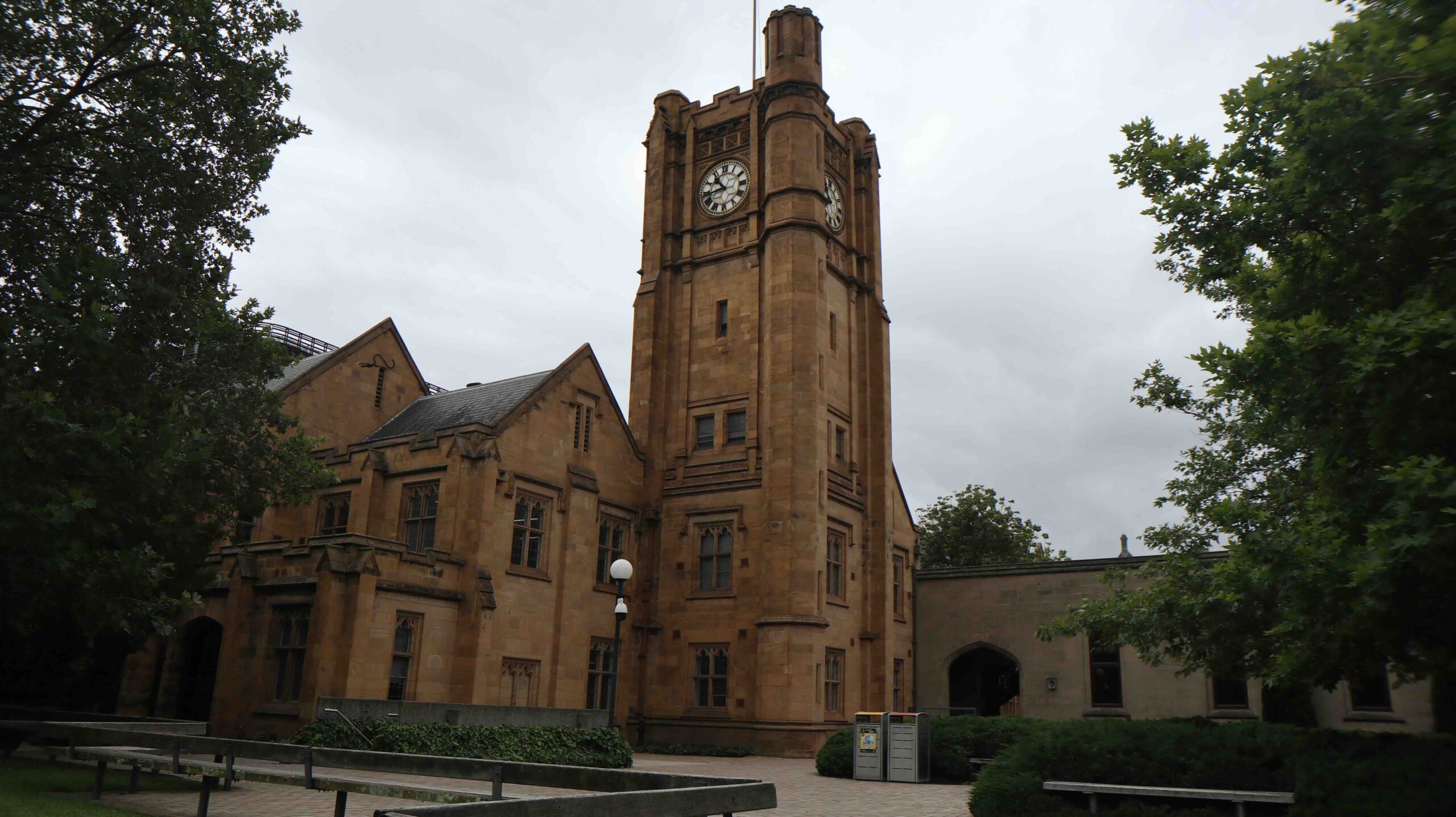For many of us, January was a time for beach holidays. For academics, it was a time for writing applications for the annual competitive research grant rounds. The stakes are high. Last year, less than 22 per cent of Australian Research Council Discovery Project applications were successful.
For tenured academics, a successful application adds another string to their bow. For academics on a short term contract, this period of grant writing has many strings attached. An unsuccessful grant application may herald the end of their academic research career.
Employment insecurity, combined with the requirements of research councils, encourage many academics to seek help in acquiring research funding.
This may mean listing academics with a strong track record as the chief investigators on grant applications. Selection criteria for ARC Discovery Projects state that 40 per cent is attributed to investigators’ track records.
A well known name therefore may make the difference between a successful and unsuccessful grant application.
A salaried position at a university is necessary as the ARC and National Health and Medical Research Council do not pay chief investigators. This runs the risk of chief investigators being just figureheads who make no contribution to the initiation or design of the research study, or the preparation of the actual application.
In some cases, their only contribution is to submit a biography and a list of their publications. If successful, a chief investigator may employ a project officer to help undertake the research who in some cases is the same person who undertook the preliminary research on the topic, designed the research study and wrote the grant application.
As someone who plays the grant game strictly by the rules, I may need to collaborate with academics to get my research funded. According to the rules, I cannot be the chief investigator. In addition, some funders require collaboration between academics employed in different universities. The only way to get a recent research project funded was to ask three professors from different universities to collaborate. They agreed, then contributed their biographies to the grant application.
I was not paid to write the grant application but it was successful and I was employed as the project officer on the study. During the first year, the research team met three times to discuss the project’s progress. At each meeting, I was asked to remind the professors of the aims and objectives of the project.
During the three years I worked on this project, I organised recruitment, collected and analysed data, facilitated a world congress, submitted abstracts for conferences and wrote several research reports. After my contract ended, I moved on to work on other projects.
A year or so after leaving the university, I received a copy of the final report, which was based on my research reports; in several sections, my work had been included verbatim. The professors were named as authors of the final report and I was listed as a member of the research team.
I pointed out the omission to the research team, then later complained directly to the chief investigator. My emails were ignored. Three months later, I made a complaint of plagiarism that brought swift action. I was then named as the second author of the final report. An apology for not properly acknowledging my contribution until pressured to do so is yet to be forthcoming.
As a freelance researcher, I felt both able and compelled to make this situation right. This may not be an option for other academics employed on shortterm contracts and whose ongoing employment often relies on maintaining good relations with senior academics in their research field.
The power imbalance and the ARC and NHMRC funding rules result in some academics continuing to do all the work while others get all the credit. They “cannot assume the role of a supplier of resources for work that will largely be placed in the hands of others”.
As another grant round approaches, it is timely to consider the moral implications and policy implications of not funding the real chief investigators. Paying the actual chief investigators will restore the principles of ethical natural justice, the quality of the research and the integrity of researchers.
First published in The Australian’s Higher Education on 12 February 2014
